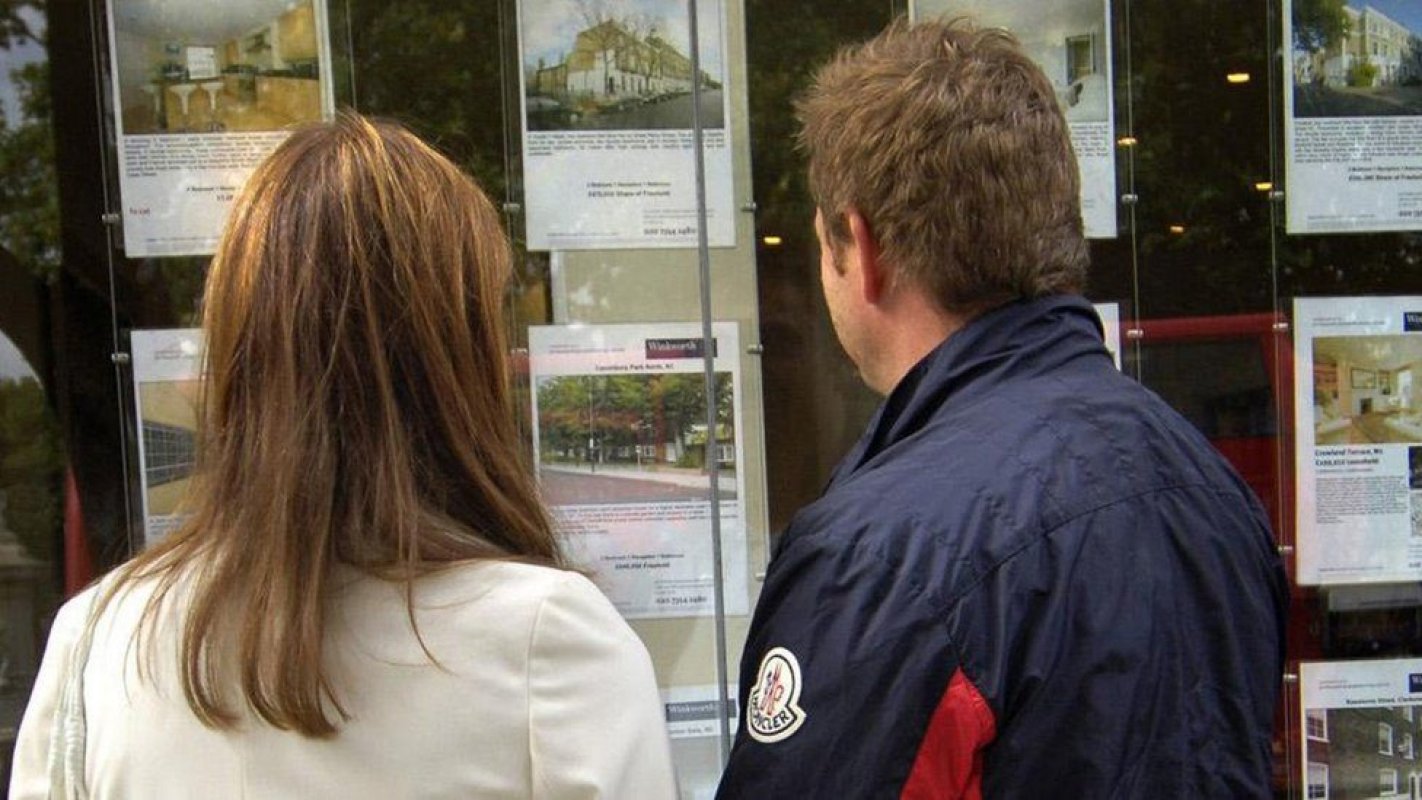The price of the average home in the UK has risen by £43,577 since the start of the first lockdown two years ago, the Halifax has said.
The lender, part of Lloyds Banking Group, said the 18.2% rise took the cost of a typical home to £282,753.
The race for space from buyers was clear with a 21% rise in the price of detached homes compared with a 11% rise in flat prices over the same period.
A lack of homes on the market has helped to push up prices.
"The story behind such strong house price inflation remains unchanged: limited supply and strong demand, despite the prospect of increasing pressure on households' finances," said Russell Galley, managing director of Halifax.
"Although there is some recent evidence of more homes coming on to the market, the fundamental issue remains that too many buyers are chasing too few properties."
However, a range of forecasters - including the Office for Budget Responsibility - expect the speed of increase to slow in the next few years.
Mr Galley said that in the long term "we know the performance of the housing market remains inextricably linked to the health of the wider economy".
Tom Bill, head of UK residential research at estate agent Knight Frank, said: "We are presumably witnessing the current peak of UK house price growth.
"At some point in the near future the cost of living squeeze and rising mortgage rates will pull prices back down to earth. A shortage of property for sale has been instrumental in driving double-digit price growth, which is another situation that can't continue indefinitely."
Sarah Coles, senior personal finance analyst at Hargreaves Lansdown, said: "While homeowners might feel better off on paper, for anyone trying to get on to the ladder, or move up it, this is pushing properties even further out of reach. Right now may not be a sensible time to stretch yourself."
Retrieved from:https://www.bbc.com/news/business-61024311 (7 April, 2022)
The information provided on this website is for reference only. C21 International shall not be liable for any errors, omissions, misstatements, or misrepresentations (express or implied), concerning any Information, and shall not have or accept any liability, obligation, or responsibility whatsoever for any loss, destruction, or damage (including without limitation consequential loss, destruction or damage) howsoever arising from or in respect of using, misusing, inability to use, or relying on the Information.
International News

House price rise since first lockdown revealed
2022.4.7
United Kingdom
west
‘We left at 5am for a 3pm flight’: travellers facing long waits at Manchester airport
2022.4.7
United Kingdom
House Price News: The average home gains £5,082 in one month
east
2022.4.7
United Kingdom
Subscribe Newsletter
Sign up to get the latest events, market news & exclusive projects.
